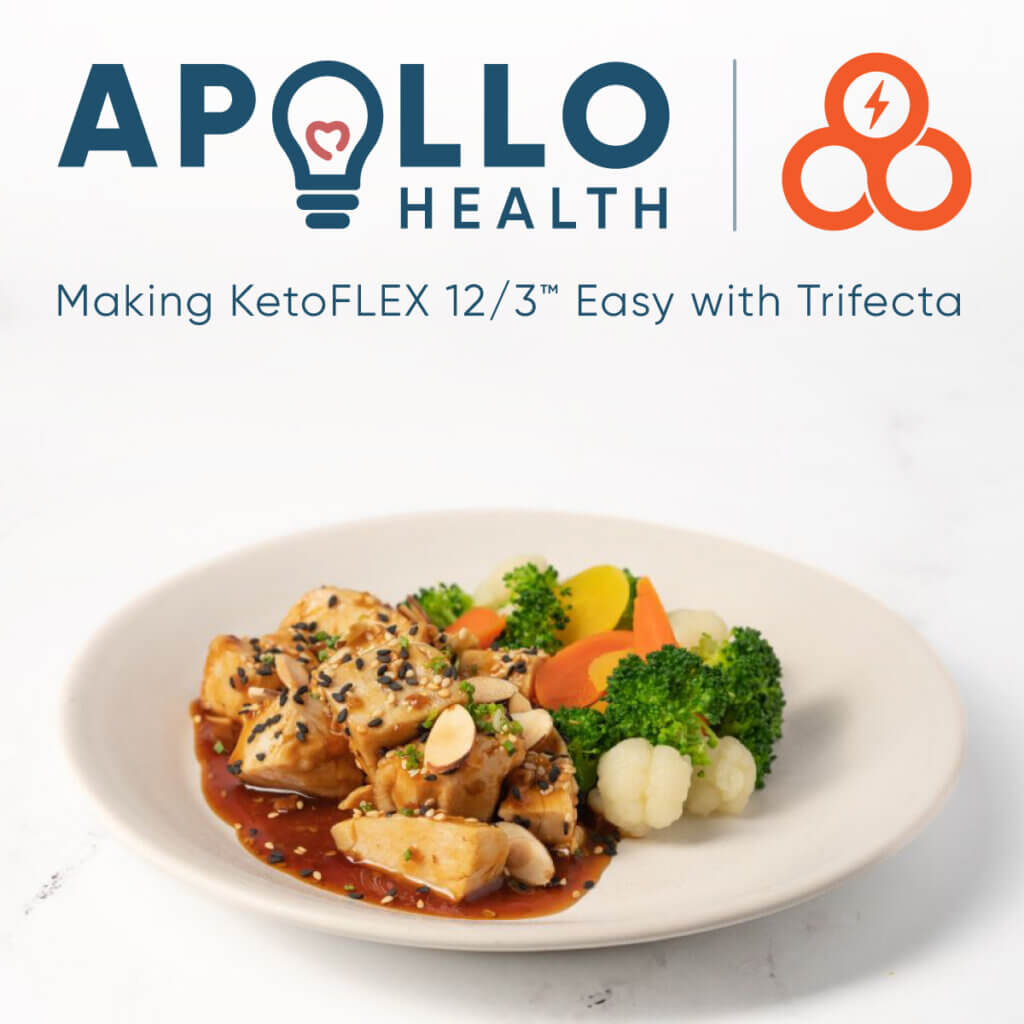July 16, 2025
Living in Interesting Times

By Dale Bredesen, M.D., Chief Scientific Officer for Apollo Health
In the 1860s, Dr. Joseph Lister introduced the practice of antiseptic techniques in surgery, which led to a Renaissance in surgery (although it took nearly 40 years for this new approach to become widespread — sound familiar?). Now we are witnessing another Renaissance, this one in chronic complex diseases like Alzheimer’s, diabetes, and autoimmune disease (although the mainstream pushback to date may cause another 40-year delay in the adoption of these new practices). Cognitive health principles are advancing year by year and even month by month — these are truly interesting times:
Our ongoing randomized controlled trial, comparing the precision medicine protocol we developed (as ReCODE) to the standard of care for those with Alzheimer’s disease will be completed on October 31, and I am honored to be working with Dr. Kat Toups, Dr. Ann Hathaway, Dr. Kristine Burke, Dr. Craig Tanio, Dr. Nate Bergman, and Dr. David Haase on this Evanthea Trial, which has been funded by the Four Winds Foundation. Evaluation of the data collected to date has already shown a highly statistically significant benefit of the protocol, beyond any other reported approach, so we all look forward to publishing these important data. The data include epigenetic changes, biomarker changes (p-tau 217, GFAP, NfL, and Abeta 42:40 ratios), volumetric MRI changes, biochemical changes (effects on homocysteine, inflammatory markers, nutrients, minerals, hormones, et al.), computer-based cognitive changes (from CNS Vital Signs), MoCA scores, and cognitive symptoms.
The new BrainScan blood tests are already yielding life-changing results — I have recently talked with a number of people who received results they had not anticipated, yet which are helping them to avoid dementia. A few who are ApoE 4/4, who already had symptoms several years ago, yet who, practicing the protocol, have not only improved their symptoms but are now showing normal p-tau 217 values — very exciting to see, and these results have given them incentive to continue to optimize their protocols. On the other side of the coin, a few who are doing well, with excellent cognitive test scores, yet having mild symptoms, and their results show that they were indeed headed for Alzheimer’s, with high p-tau 217, and in some cases, also high GFAP and NfL. Until recently, they would not have known about this until their symptoms worsened and their doctors finally told them what we have heard so many times: “You have Alzheimer’s, and there is nothing we can do about it, so you should think about getting your affairs in order.” This is a dreadful statement that should become more and more rare, now that early detection and effective treatment are available.
Because there is such a stigma to “the A word”, i.e., Alzheimer’s, and since there is such fear associated with it (although I hope that more and more people will realize they can now avoid Alzheimer-related dementia), I favor the idea of using the same terminology used for diabetes, and calling it “pre-Alzheimer’s” when it is asymptomatic or SCI. There are four stages in which Alzheimer’s pathological changes are present — presymptomatic, SCI (subjective cognitive impairment), MCI (mild cognitive impairment), and dementia — and it is now possible to identify it even in the first stage, so let’s quit scaring people with “the A word” and help everyone to avoid the dementia phase.
The many advances ongoing stand in stark contrast to the backward standards and practices that are so prevalent: as an example, I have been repeatedly hearing from people who are ApoE4 homozygotes (ApoE 4/4, which includes about seven million Americans), and who have sought evaluation and treatment for cognitive complaints at universities and major medical centers. Many are already aware of the publication showing that the anti-amyloid antibody Leqembi, actually accelerates cognitive decline in those with ApoE 4/4: Lecanemab (Leqembi) is not the right drug for patients with Alzheimer’s disease. In other words, it is worse than a placebo. Yet time and time again, the recommendation is made to treat with Leqembi, something that is a direct contradiction to the Hippocratic Oath that all physicians take, which requires us to “first do no harm.” So if your doctor offers this same recommendation, you may wish to make him or her aware of this publication.
Another backward recommendation is to avoid checking your ApoE status “because nothing can be done.” This is such an outdated recommendation! Please see the excellent website ApoE4.Info for a more modern and effective approach.
Similarly, there is a trend to finding “experts”, who are often using antiquated practices, and having them recommend against a new advance. For example, CGM (continuous glucose monitoring) is now in widespread use, and we see people who are finding that they have periods of hypoglycemia (which may awaken them at night, sometimes with sweating and a pounding heart, or occur during the day)—an important finding because hypoglycemia is not good for one’s brain — as well as hyperglycemia. Identifying the causes, and smoothing out the glucose curve, is helpful in avoiding these brain-damaging spikes and troughs. Yet here is from a recent recommendation: “the effect of food on your blood sugar likely has a negligible impact on your overall health.” WHAT?!? It is of course clear that insulin resistance is a key risk factor for cognitive decline. Yet here is another recent claim from “the experts”: “most of us really don’t need to worry about blood sugar. The health influencers have it wrong.” Hey, 1980 just called and said it wants its blood sugar ignorance back!
Some of these statements run directly counter to research and clinical findings and are reminiscent of TIME magazine’s “10 Most Ridiculous Scientific Studies.” This features gems like the remarkable finding that high-quality colonoscopies are better than low-quality ones. Ya think? And another study unearthed this surprise: “Statistical analysis reveals Mexican drug war increased homicide rates.” Can you imagine?
We are seeing, again and again, better cognitive outcomes than ever before. What has been hopeless is no longer so. Yet we are also witnessing denial and pushback like never before. These remind me of the famous curse, “May you live in interesting times.” We are indeed living in very interesting times.





